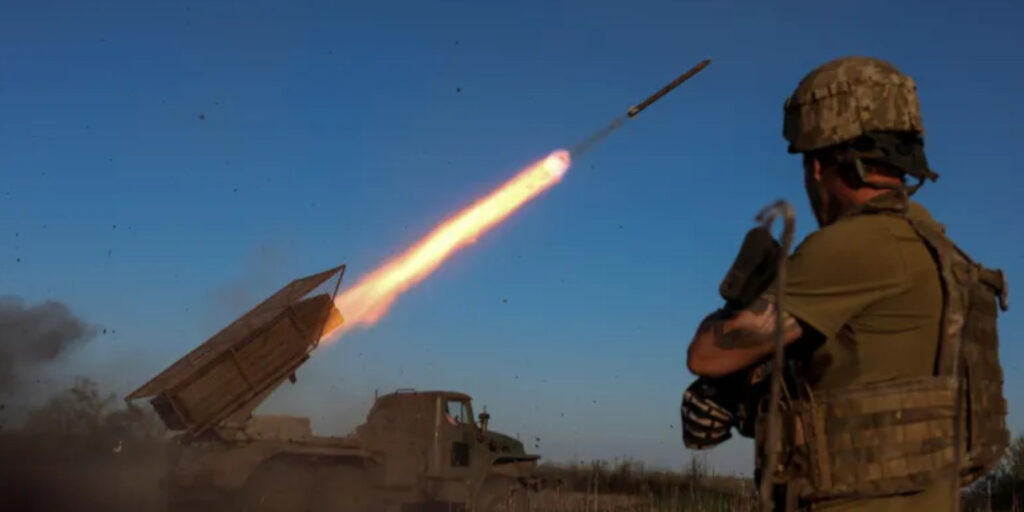Efforts to negotiate a ceasefire between Ukraine and Russia in London have been scaled back, with the absence of key US officials casting doubt on the progress of diplomatic talks.
Originally expected to include US Secretary of State Marco Rubio and special envoy Steve Witkoff, Wednesday’s meeting will now proceed with senior officials from the UK, US, France, Germany, and Ukraine.
UK Foreign Secretary David Lammy will instead hold a separate bilateral meeting with Ukrainian Foreign Minister Dmytro Kuleba.
Former US National Security Adviser General Keith Kellogg, now serving as Donald Trump’s Ukraine envoy, will attend in place of Rubio and Witkoff.
The talks come amid renewed speculation that Russia may be willing to freeze the conflict along current frontlines in exchange for significant concessions – including potential recognition of Crimea as Russian territory.
However, Ukrainian President Volodymyr Zelensky has firmly ruled out any discussion of recognising Crimea’s annexation, stating that Ukraine does not and will not accept Russia’s claim to the region.
The downgraded diplomatic gathering follows reports from the *Financial Times* suggesting Moscow might be open to ending hostilities if the West agrees to recognise its hold on Crimea.
Zelensky dismissed these suggestions outright, saying Ukraine’s position on Crimea is “non-negotiable”.
The war in Ukraine has deep roots. Tensions escalated in 2014 when Russia annexed Crimea after the ousting of Ukraine’s pro-Russian president. This move triggered a prolonged conflict in eastern Ukraine, with Russia backing separatist groups.
The full-scale invasion by Russia began on 24 February 2022, leading to mass displacement, widespread destruction, and global instability. Since then, hundreds of thousands of people have been killed or injured, and nearly seven million Ukrainians have become refugees worldwide.
Despite Russian President Vladimir Putin’s unilateral declaration of an Easter ceasefire, British Defence Secretary John Healey told Parliament there has been no evidence of a reduction in hostilities. UK military intelligence reports confirm that Russian attacks have continued across multiple fronts, particularly targeting civilian infrastructure.
Just hours before Wednesday’s talks, a Russian drone strike killed nine people in Marhanets, central Ukraine, after hitting a bus carrying workers. This attack is part of a wider pattern of strikes on non-military targets, intensifying the humanitarian crisis in the country.
While diplomatic momentum appears to be building, the outcome remains uncertain. Talks in London are proceeding behind closed doors, with the UK Foreign Office confirming that the high-level ministerial meetings have been postponed. Official-level discussions will continue, but media access is restricted.
The White House has confirmed that Steve Witkoff will travel to Moscow later this week for his fourth direct meeting with Vladimir Putin.
Meanwhile, Ukrainian negotiators attending the London talks are operating under a strict mandate, aiming to achieve an initial ceasefire that could serve as a stepping stone to broader peace negotiations. Yuriy Sak, an adviser to Ukraine’s Ministry of Strategic Industries, reiterated that Kyiv would not compromise on fundamental issues like territorial sovereignty.
As both sides navigate complex and high-stakes diplomacy, any breakthrough will depend on aligning sharply divided positions over territory, sovereignty, and international law.


